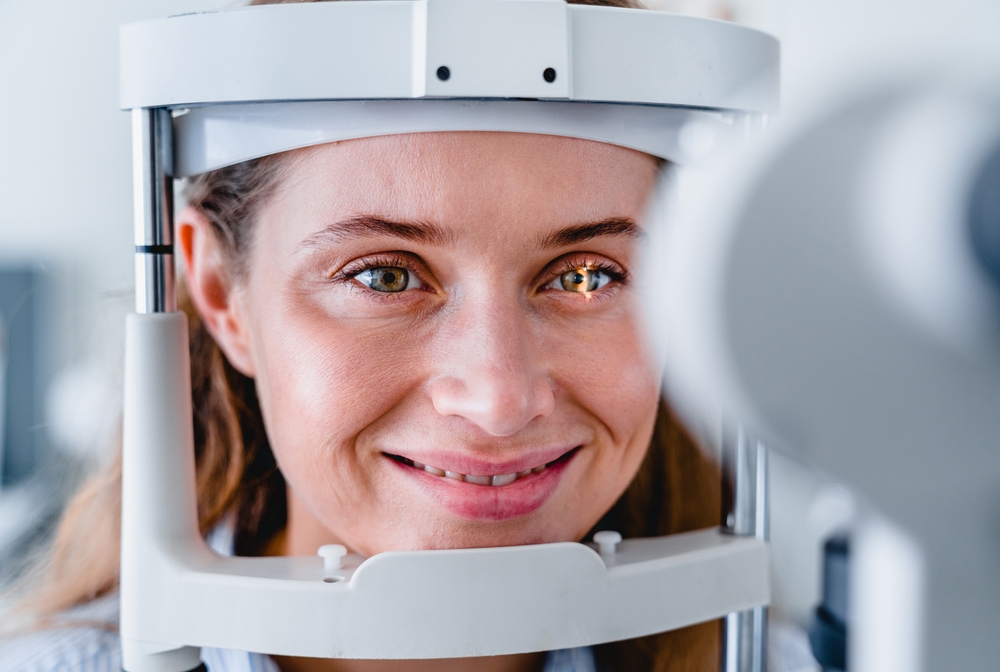
Cataracts are like those pesky smudges that show up on your phone screen or glasses. But instead of being on something you can wipe clean, they form in the lens of your eye. Normally, your lens should be crystal clear, helping you see the world in all its sharpness. But when a cataract develops, the lens starts to get cloudy, making your vision blurry, foggy, or dim. It's like looking through a frosted window—everything's there, but it's just not clear.
How Do Cataracts Develop?
Cataracts typically develop as a result of changes in the lens structure over time. The lens in your eye is made mostly of water and protein. As we age, the proteins can start to clump together, which clouds the lens. Over time, this cloudiness gets worse, leading to vision problems. Think of it like your car’s windshield slowly fogging up—the worse it gets, the harder it is to see clearly.
Who Is at Risk for Cataracts?
While anyone can develop cataracts, some people are more at risk than others. Here’s a quick rundown of who might want to pay extra attention:
Older Adults: Age is the biggest risk factor. Most people start to notice cataracts in their 60s or 70s, but they can start to develop as early as your 40s or 50s.
Family History: If cataracts run in your family, you might be more likely to develop them too.
People with Health Conditions: Those with conditions like diabetes are at a higher risk. In fact, diabetes can cause cataracts to form earlier than they typically would.
Frequent Sun Exposure: Spending a lot of time outdoors without sunglasses can increase your risk. UV light from the sun can speed up the formation of cataracts.
Smokers: Smoking has been linked to a higher likelihood of developing cataracts. So, yet another reason to kick the habit!
Certain Medications: Some medications, like long-term use of steroids, can increase the chance of cataracts forming.
Eye Injuries or Surgery: If you've had any trauma to your eye or previous eye surgery, you may be more prone to cataracts later on.
Why Regular Eye Exams Are Important
Regular eye exams are key to catching cataracts (and other eye problems) early. Many people don’t even realize they have cataracts until their vision is noticeably affected. The good news? During an eye exam, we can spot cataracts in their early stages, even before you experience any symptoms. This means you can make informed decisions about your vision and treatment options before it starts interfering with daily life.
At Looksie Optometry, we’re all about keeping your vision clear and your eyes healthy. So whether you’re in a high-risk group or just want peace of mind, scheduling regular eye exams is a smart way to stay on top of your eye health.
By knowing your risk factors and keeping up with routine eye exams, you can manage cataracts and keep your vision sharp for years to come! Contact Looksie Optometry at our offices in San Francisco, California, by calling (415) 593-5348 or (415) 778-2834 to schedule an appointment today.














